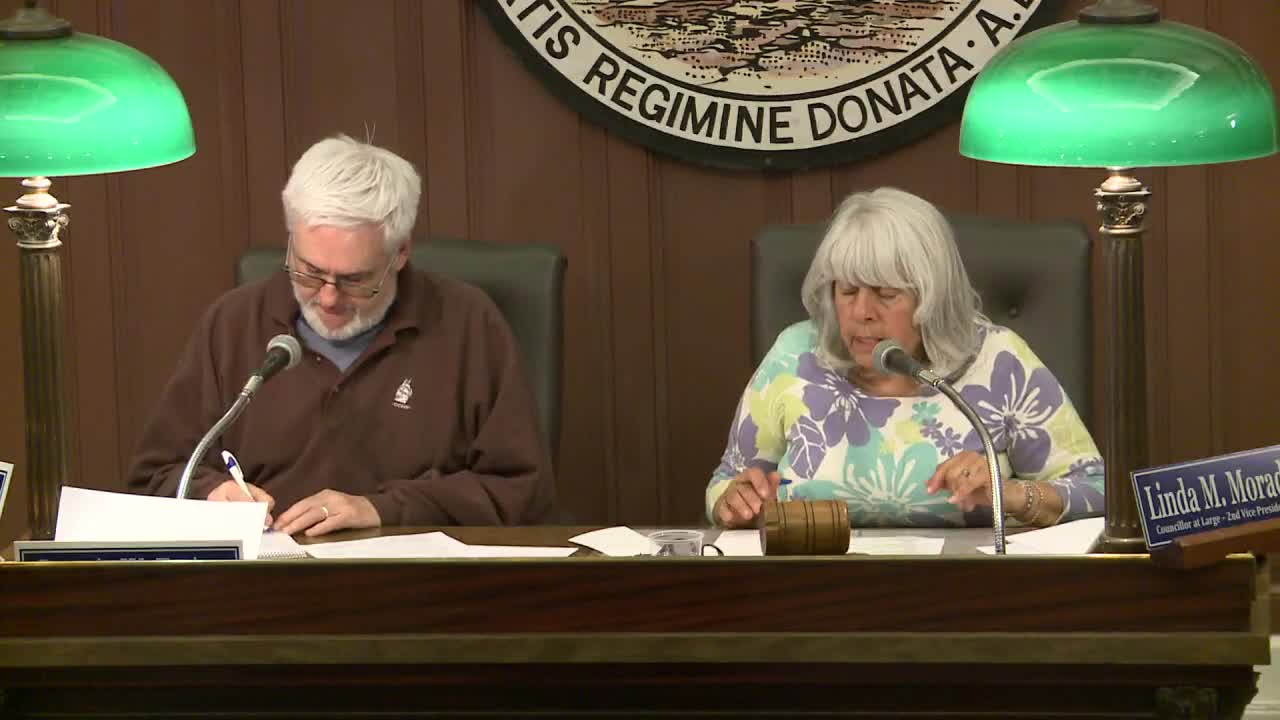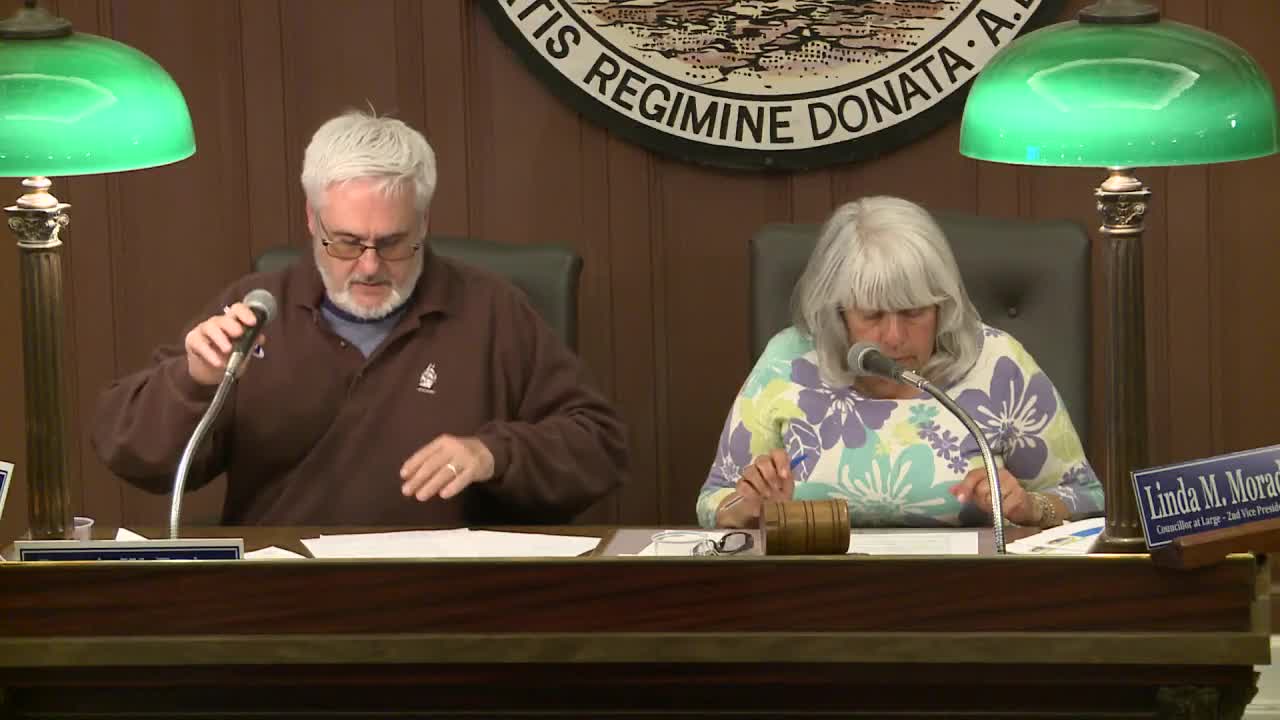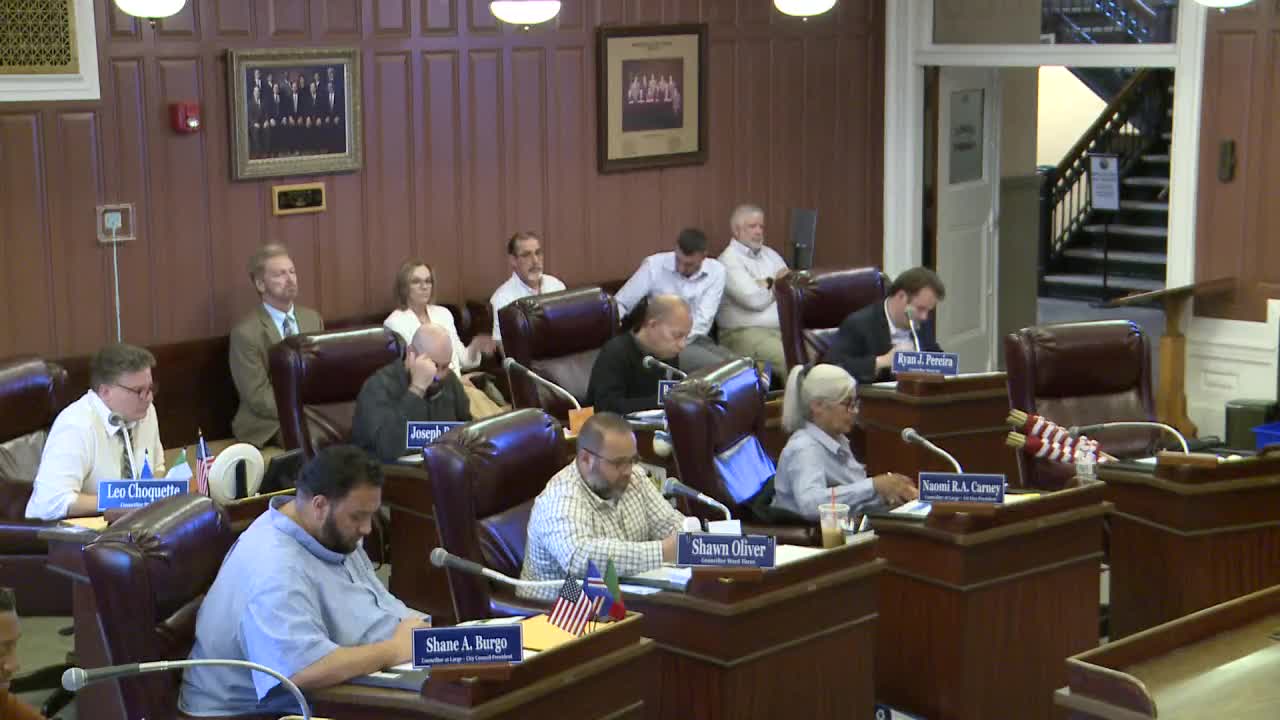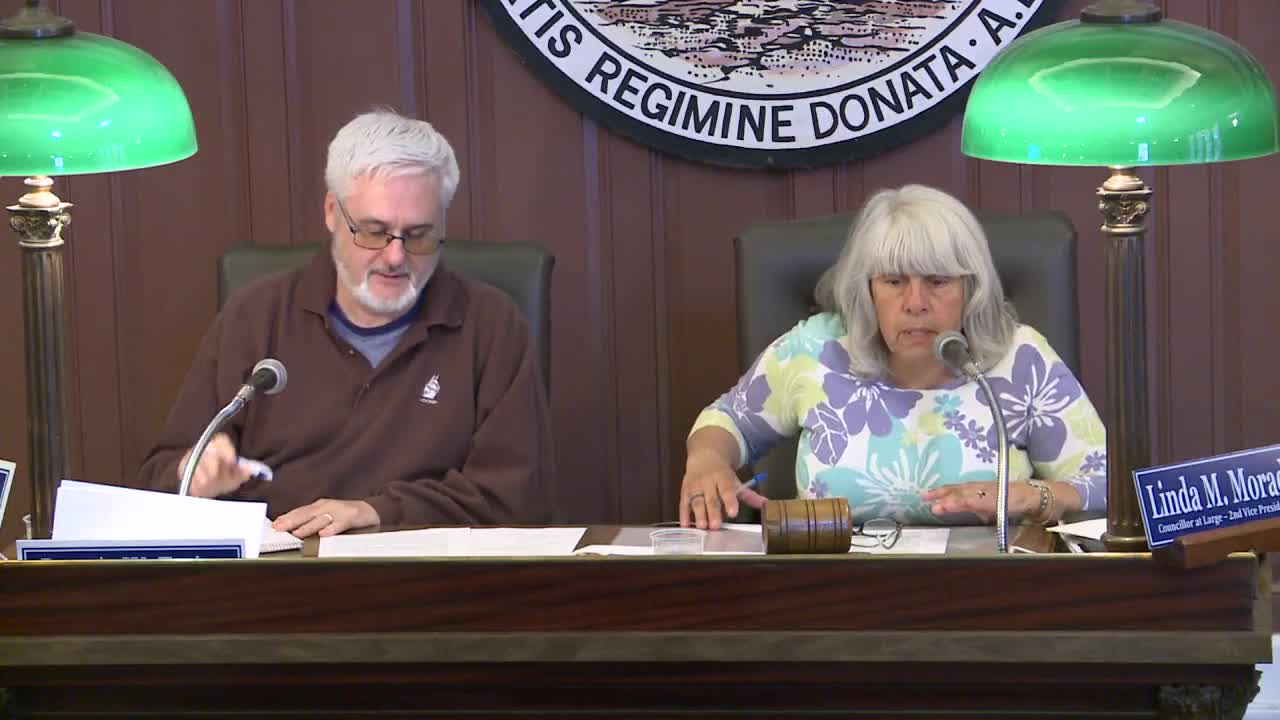Article not found
This article is no longer available. But don't worry—we've gathered other articles that discuss the same topic.

Committee refers mayoral order to allow higher hiring step for assistant superintendent of water plant

Committee discusses using free cash to reduce proposed wastewater rate increase and refers transfer to full council

Finance committee refers $32.2 million wastewater appropriation to full council

